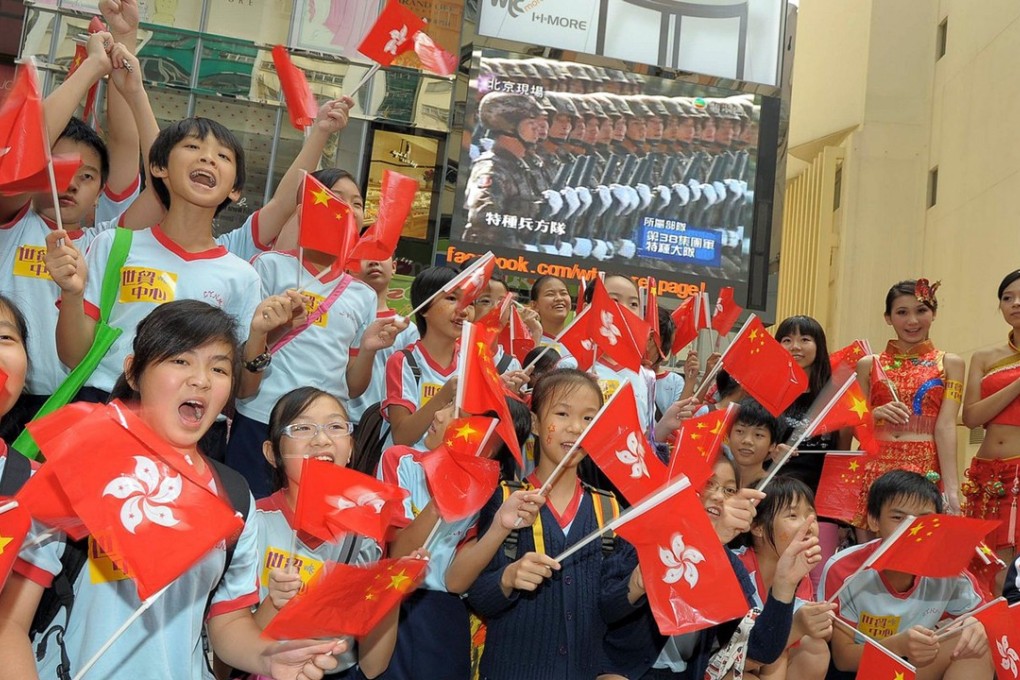Money Matters | Is the baby step in Unicom’s mixed-ownership trial anything to cheer about?

Groundbreaking! Aggressive! Bold!
Several heroic adjectives have been used by the Chinese state media to describe the “mixed-ownership” restructuring of China Unicom, a step in President Xi Jinping’s reform of the country’s state enterprises.
It is billed as the fulfilment of his 2012 pledge, made when he became head of the government, to introduce private-sector capital and entrepreneurship into state firms and motivate their staff with share incentives.
The reality, however, is different. It is more a sleight of hand to make a square look round. But a square remains a square.
The key message that the government would have you believe is that Unicom has broken the rule of absolute state ownership, where the government must have majority control of the nation’s top enterprises.
On the surface, the government will see its direct stake in Unicom through Shanghai-listed China United Network Communications Group drop from 62.74 per cent to 36.67 per cent after selling shares to new investors under the mixed-ownership reform. But in fact, it will maintain its majority control at 53 per cent because almost half of the new shares will be issued to state firms. It is the left hand selling to the right.
